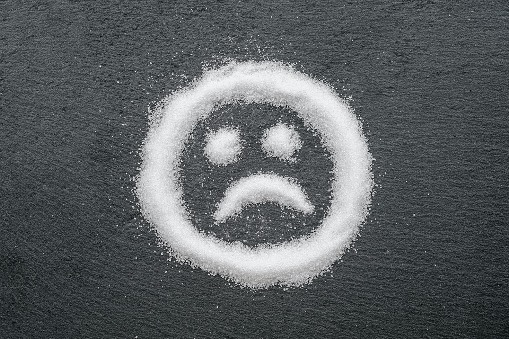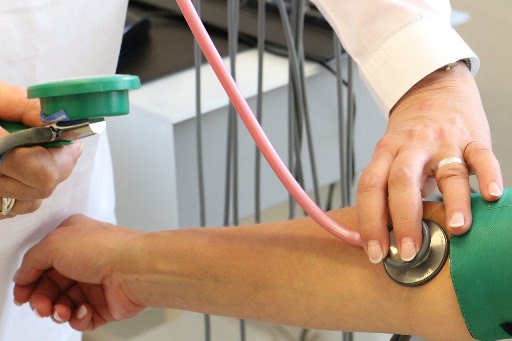Can a diabetic fast for Navratras or other holidays? – this question is quiet frequently asked by many people as fasting may not be part of your daily routine, but it’s something that many people have to do occasionally. Fasting is an important spiritual aspect of many religions, but it can lead to major health problems for some people with diabetes. If you have diabetes and want to fast plan your day much before to avoid any complications. That’s because you don’t want to risk lowering your blood sugar too much, which can seriously affect your health.
Effects of fasting for diabetes
Fasting causes changes in the body, which also depends on the length of the continuous fast. Usually, your body enters a fasting state eight or so hours after the last meal. Your body will initially use stored sources of glucose and then later in the fast it will break down body fat to use as the next source of energy. Using your body’s fat stores as an energy source can, in the long run, lead to weight loss. Losing weight, particularly if you are overweight, can also lead to better control of blood glucose, blood pressure and cholesterol levels. However, fasting should not be used as a way of losing weight in the long term.
Perhaps, some studies suggest fasting may be helpful for people with diabetes. Fasting may also improve the way your body manages blood sugar and cut down on insulin resistance. Some people with diabetes may think that checking their blood sugar during fasting hours breaks the fast, but that’s not the case. In fact, checking it more often than usual if you are fasting so you can make sure you stay within a reasonable level.
However, the biggest danger of fasting if you have diabetes is that your blood sugar levels could go dangerously low, this is called hypoglycemia. If you don’t eat, your blood sugar levels are lower and medication may drop them even more, which can lead to hypoglycemia. When you break your fast by eating, you may also be more likely to develop too-high blood sugar levels. Doctors call this hyperglycemia. This only happens if you eat too many carbohydrates. If fasting prompts you to overeat carbohydrate-rich foods, it may not be the right plan for you.






























